When Kill was released in India, it was promoted as ‘India’s most violent movie ever’. Though I had reservations about the promotion tactics, I bought my tickets to the movie as I had heard a lot of good things about it. And boy, did the movie deliver. Every character’s motivation seemed justified, every “kill” felt cathartic. I hadn’t seen an audience reacting to a film in this manner in a long time and going absolutely berserk.
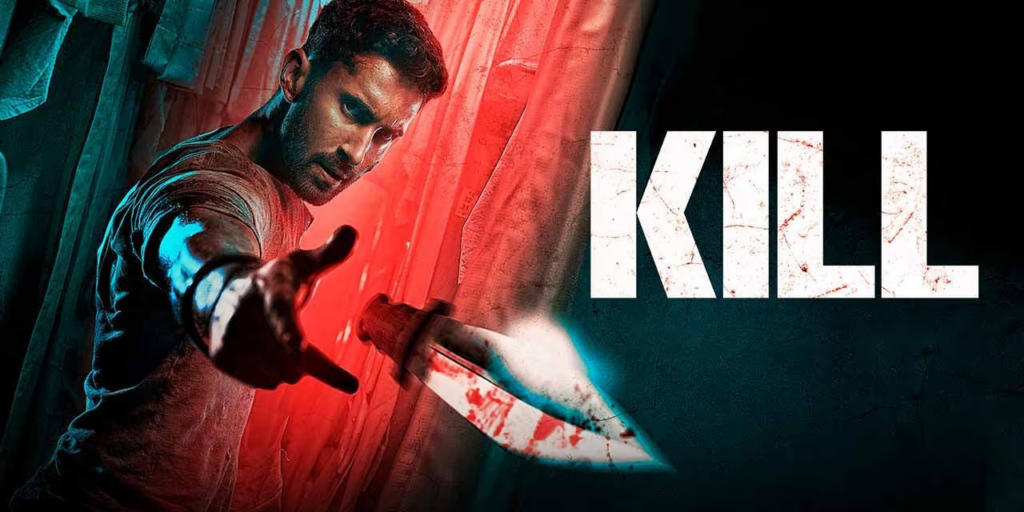
Then just a day later, I got the news that I would be interviewing Nikhil Bhat, the director of the movie. It was going to be my first-ever interview and I was so excited and relieved because l was going to talk about the work that I had genuinely liked.

1. We started the interview by congratulating and thanking Nikil for making pure-genre movies like Kill and Apurva, which are so rare in India. Indian movies generally are like a thali, with some action in the middle, some emotional scenes on the side, and some comedy for dessert. With pure-genre movies being made and getting success, future generations of filmmakers won’t have to pander to everyone.
Nikhil – Genre films are not so common in India. Off late, suddenly the audience has opened up, they are aware, and they are liking different kinds of content. So it’s the correct time to get into these kinds of films. That’s a great opportunity for filmmakers like me and all the newer filmmakers, I would still call myself a newer filmmaker.

2. Calling himself a ‘new filmmaker’ even after 16 years in the industry just shows that even a successful filmmaker always remains a student of cinema. ‘Kill’ had its premiere at TIFF and has traveled across the world. We asked him about the kinds of reactions he got from the audience all over the globe.
Nikhil – I didn’t find any difference, but rather a lot of similarities. In Toronto, it premiered in ‘Midnight Madness’. Then I went to Fantastic [Fest] in Austin, Beyond in LA, and Red Sea in Jeddah. Then In India, we had a screening for the Press, then the countrywide release. All over the world, I saw people clapping reacting at the exact same moments in the movie.
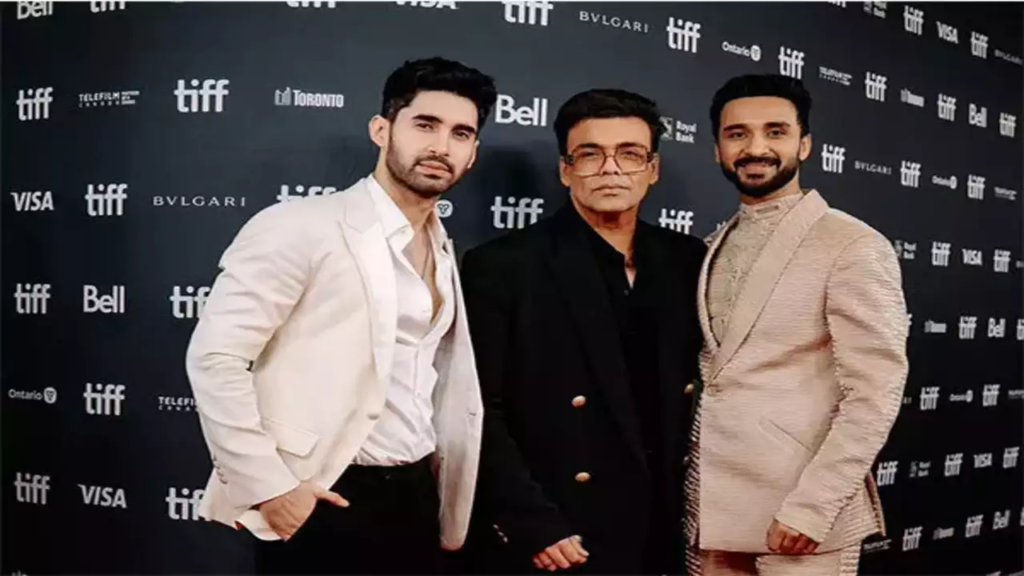
3. When he mentioned Fani, I remembered what a remarkable performance Raghav Juyal had delivered in the movie. What I loved about the movie was that it also showed the perspective of the antagonists and their pain. We asked Nikhil how we wrote the antagonists in his script.
Nikhil – I wanted the audience to feel like passengers, as if they were on the train with the actors. The moment you see this kind of action in front of your eyes which feels so real, you feel like this could happen to any of us. I want you to treat the antagonists as humans because, at the end of the day, loss is a loss. Whether it’s happening to the protagonist or the antagonist. I wanted to show the consequences of violence, which is not selective.
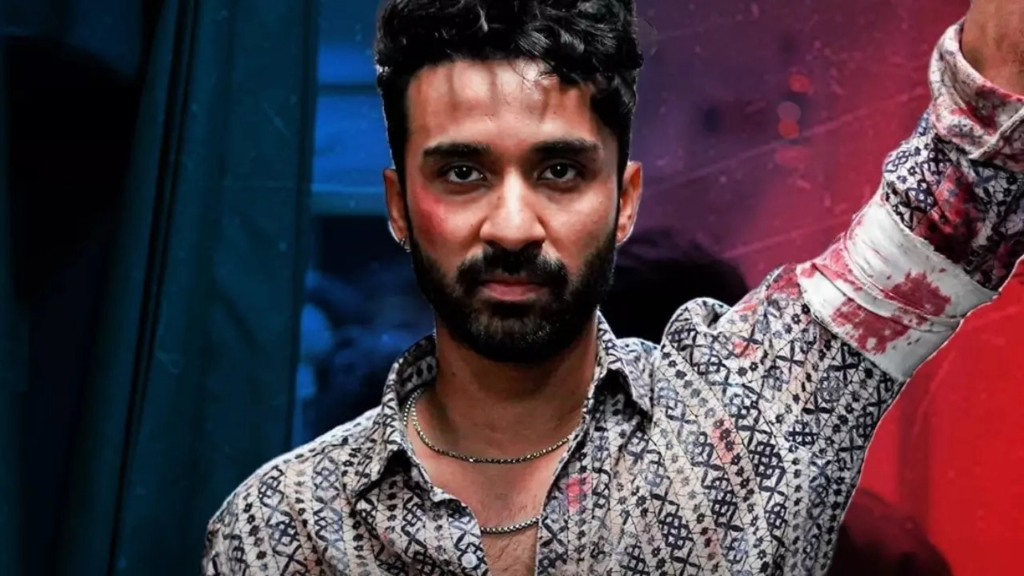
4. Nikhil’s choice of actors for the antagonist’s role has always intrigued me, like Rajpal Yadav in Apurva and Raghav in Kill. We asked him from what lens he saw these beloved comic actors playing these murderous psychopaths.
Nikhil – Criminals don’t always have a scar or a mole or half-burned faces. They look more like you and I. More often than not, they look affable, have a great sense of humor and a lot of charm. So it’s not necessary that a criminal or a psychopath should be a particular way. They can be regular people, they also are criminals.
For Rajpal ji and Raghav, I wanted people to buy into their characters and surprise them. You come thinking that Rajpal ji is going to be humorous, but he doesn’t even crack a joke.

5.. When he talked about the non-selective nature of the repercussions of violence, it made me think about all the war movies. A good war movie always carries anti-war sentiment. I asked him if it was his intention all along to show the fatality and futility of violence.
Nikhil – Absolutely, like Saving Private Ryan has so much violence, but as you said, it’s an anti-war movie and you see the ‘dogs of war’ in that film.
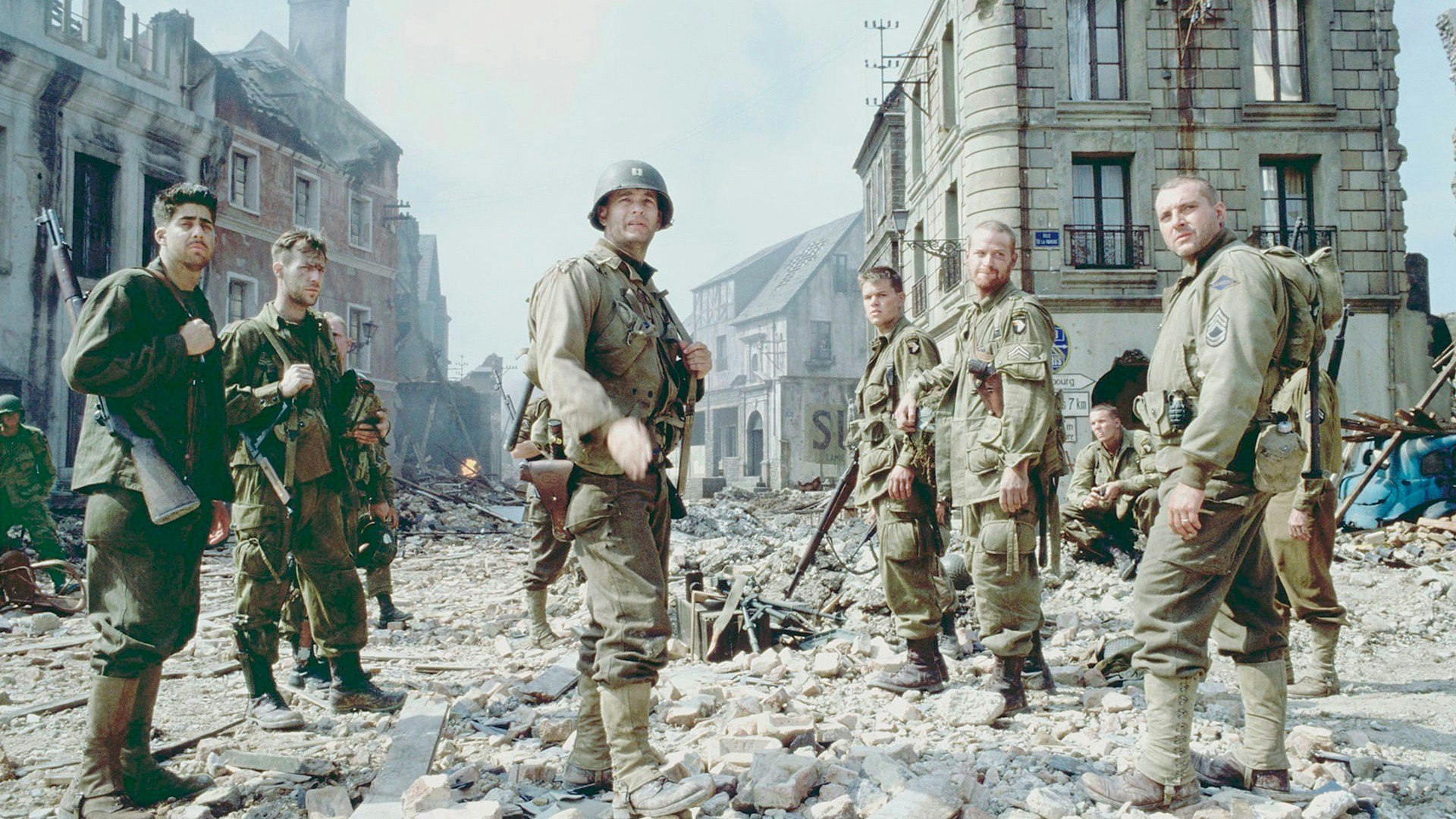
6. We, of course, loved the movie and wanted to know more about the man who made it. I saw a reunion post of him on Instagram and it had a hashtag of SIMC. Since I am also from IIMC, also a media college, I wanted to know his journey and how he fell in love with the art and craft of filmmaking.
Nikhil- In my childhood, we used to watch movies on DD on Sundays. Once there was a rape scene in a movie and one of my uncles just came into the room. There was a family meeting and instead of a filter-wise ban, a blanket ban on kids watching movies was implemented. I was very much interested in watching movies. So I used to bunk school and watch the morning shows; from Bruce Lee, Jackie Chan, Shaolin films to Arnold, Silvester Stallone films. I saw so many films that somewhere it started my path towards films.
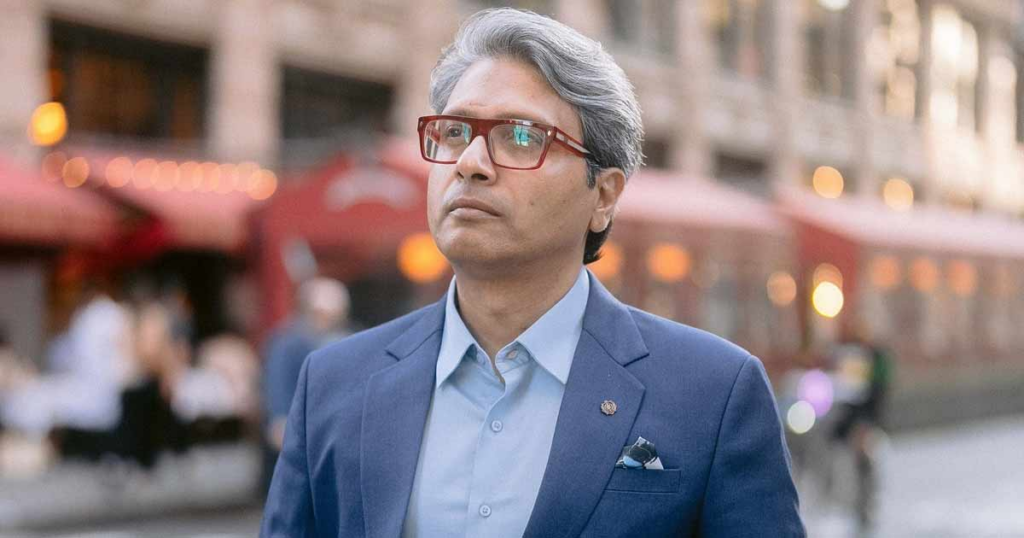
After MBA I joined an ad as an Account executive. After a year I realized that nothing was happening in terms of filmmaking and went to Symbiosis. There was pressure from my home to get into journalism, but I lied that there were no jobs in journalism, thus I needed to get into films. That’s how I got into ad films and for the longest time, I was not interested in doing longer format films.
7. He never let any obstacles come between him and his love for cinema. We told him that we found his Youtube channel where there are only 2 videos, the trailer of his first movie ‘Saluun’ and his short film ‘Biogas ka Bindass Business’. We asked him how these projects came about and when he decided to become a professional filmmaker.

Nikhil- Mid-day was doing a documentary on Mumbai’s underworld and they called me to write and direct a portion. Suddenly after shooting that 45-minute thing, I felt that this was calling me. I didn’t go back to advertising. I took a huge cut in my salary 1.5 [lakhs] to 45000 [thousand]. The producer said that if I could write a script in a month, it would go into production the next month. I locked myself in a room, switched off my phone, and one month later, I handed him the script. That’s how I made ‘Saluun’. Despite winning in festivals, Saluun didn’t get a [theatrical] release. When your first film doesn’t release, you become a ‘Trishanku’. I couldn’t get back to ads and didn’t get any film offers. Then the NGO ‘Going to School’ contacted me to make a short film and I got Swara to play the lead. Thankfully, It was screened on Rajya Sabha TV, and some work of mine finally got released.

8. Getting started with your passion is tough, but what’s tougher is to keep on doing it. NIkhil’s second movie Brij Mohan Amar Rahe released 8 years after his first venture. As an aspiring filmmaker, it intrigued me as to how difficult it is to get your films made and his advice for younger filmmakers.
Nikhil- Those 8 years were huge struggle times financially but they taught me a lot. I just kept writing and thanks to that time, I have a lot of stories.
For young filmmakers my advice would be to have ‘patience’, that’s your weapon. I was impatient, but these 8 years taught me patience.

9. I had heard this about patience before. But coming from Nikhil, who finally got the much-deserved applauses after 16 years, it hit me differently.
Nikhil’s initial films were mostly political satires or thrillers. His later ones, Kill and Apurva, though being thrillers have a political undertone. We wanted to know about this trajectory.
Nikhil- When I did Hrudang, I realised it’s not easy to make political films. I come from Bihar, so politics is in my DNA. So it naturally finds its place in my stories. As Apurva and Kill are genre films, I didn’t want to talk too much about politics. But I still laced it with some kind of politics because I feel that as filmmakers, you need to talk about certain things like poor and rich, class [divide].

10. It was such a profound conversation with Nikhil. We ended the interview with the question of what he was working on next.
Nikhil- I am writing action, another kind of action.
Coming from an advertising background and being an aspiring filmmaker, Nikhil’s journey resonated and inspired me a lot. He was never afraid to take risks and kept on sticking to his talents and dreams until he got to make the art that he truly believed in.

















